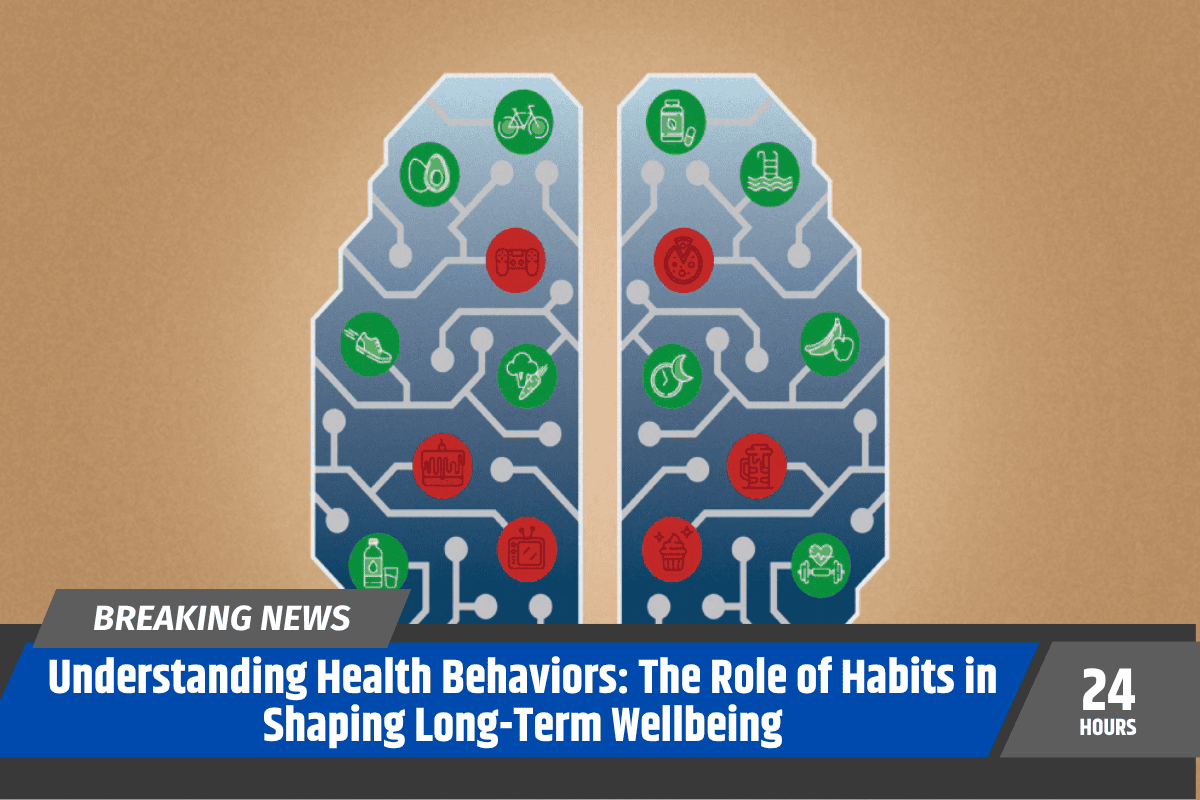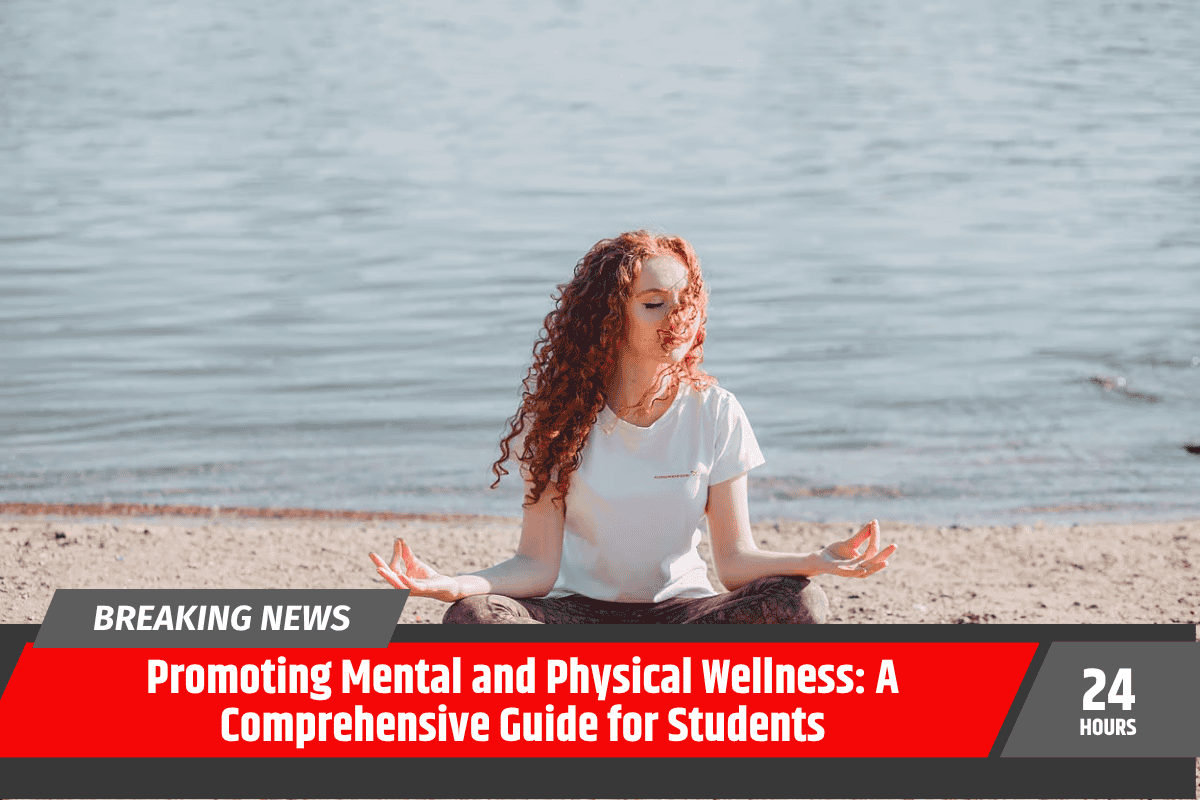Being a student can often feel overwhelming, as you juggle between assignments, exams, extracurricular activities, and maintaining a social life. During this time, it’s easy for health to take a backseat.
However, focusing on your overall well-being can be the key to academic success. A balanced lifestyle that includes managing stress, eating the right foods, and getting enough sleep can significantly improve your performance and help you stay motivated.
Stress Management: How to Handle the Pressure
Stress is a common challenge that students face. It can come from various sources such as tight deadlines, heavy workloads, or even social pressures.
When stress becomes overwhelming, it can affect your concentration, sleep, and general health. Managing stress effectively is essential for maintaining a positive mindset and performing well academically.
One of the simplest and most effective ways to manage stress is through relaxation techniques. Breathing exercises, meditation, and mindfulness can help calm your mind and reduce anxiety. Exercise also plays a major role in stress relief, as physical activity releases endorphins, which are natural mood boosters.
Taking regular breaks, maintaining a routine, and talking to someone you trust can also help lower stress levels. It’s important to understand that it’s okay to ask for help when you feel overburdened. Managing stress doesn’t mean avoiding challenges; it’s about staying calm and focused even when things seem tough.
Nutrition: Fueling Your Body and Brain for Success
What you eat plays a major role in how you feel and perform. Proper nutrition fuels both your body and brain, helping you stay focused, energized, and ready to take on the day. A balanced diet with the right mix of proteins, vitamins, minerals, and healthy fats is crucial for maintaining good health and academic performance.
Start by including a variety of fruits and vegetables in your diet. These provide essential vitamins and antioxidants that support brain function and overall well-being. Whole grains such as brown rice, oats, and whole wheat bread are rich in fiber and provide steady energy throughout the day.
Lean proteins from sources like chicken, fish, beans, and nuts help build and repair tissues, and they also keep you feeling full and energized.
Avoiding excessive sugary foods and caffeinated drinks is essential, as these can lead to energy crashes and affect your ability to concentrate. Staying hydrated by drinking water throughout the day is also important for maintaining focus and cognitive function.
For students, planning meals ahead of time can help avoid unhealthy, last-minute snack choices. Eating smaller, more frequent meals throughout the day ensures that your energy levels remain stable, and your brain stays sharp.
The Importance of Sleep: Rest for the Mind and Body
One of the most crucial yet overlooked factors in academic success is sleep. As a student, it may seem like sacrificing sleep is the only way to get everything done. However, lack of sleep can negatively impact both your physical health and academic performance.
During sleep, your body restores and repairs itself. This is the time when your brain processes information, consolidates memories, and prepares for the challenges of the next day. Without enough rest, it’s harder to concentrate, recall information, and solve problems.
In fact, studies have shown that students who get adequate sleep perform better in exams and retain more information than those who stay up late to study.
The recommended amount of sleep for teenagers and young adults is around 7-9 hours per night. Establishing a bedtime routine and sticking to a consistent sleep schedule can make a huge difference in how you feel the next day.
Avoid using screens like phones, laptops, or televisions at least an hour before bed, as the blue light emitted from these devices can interfere with your body’s ability to fall asleep.
How Balancing Stress, Nutrition, and Sleep Enhances Academic Performance
When you prioritize managing stress, eating well, and getting enough sleep, you give yourself the best possible chance to succeed academically.
Your body and mind work together to improve focus, memory, and overall cognitive function. A healthy, balanced lifestyle enables you to approach your studies with energy and positivity, making it easier to stay on top of assignments and exams.
In addition to improving your academic performance, taking care of your health also helps you feel better physically and emotionally. Healthy habits build resilience, allowing you to cope with challenges in a more positive way. Rather than feeling drained and overwhelmed, you’ll feel empowered and capable of managing whatever comes your way.
Navigating student health is all about finding a balance between stress management, good nutrition, and sufficient sleep. These three factors are interconnected and have a significant impact on your academic success and overall well-being.
By managing stress, fueling your body with the right foods, and ensuring you get enough rest, you’ll be able to improve your performance, stay healthy, and enjoy your time as a student to the fullest.





